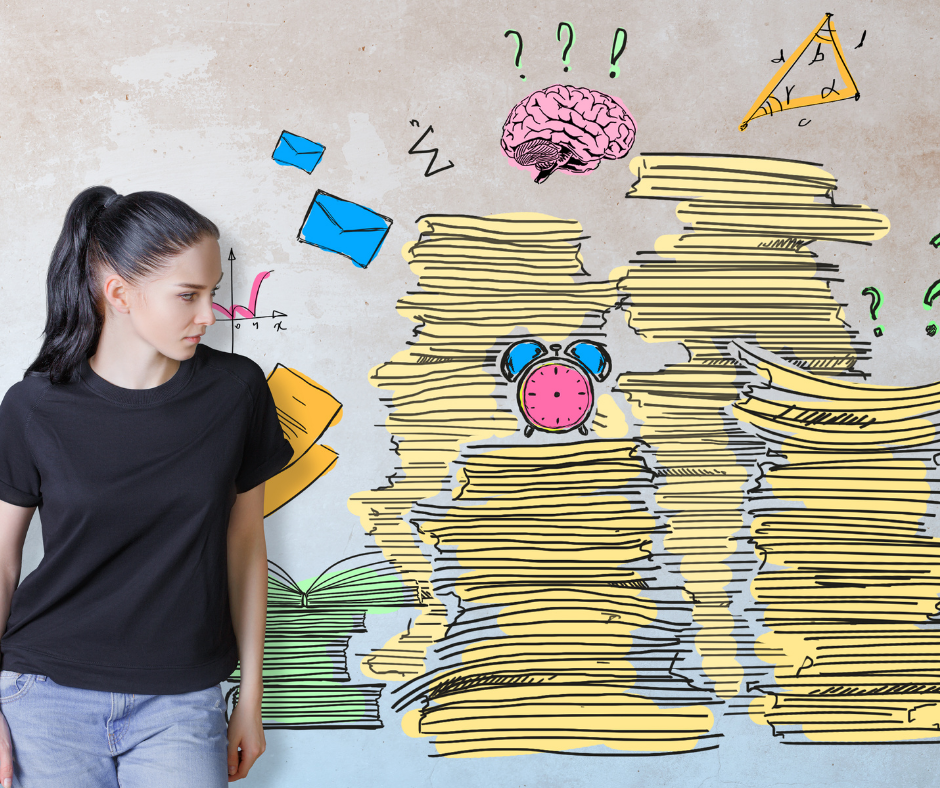Why does workload matter?

Schools are dynamic and ever-changing. Just when you think you are on top of one element of the workload, another task demands attention. Teachers and school leaders face waves of administration, data collection, and student needs that are increasing as well as constant demand on time in school and out.
The recent industrial action of teacher unions reinforces the findings of inquiries and studies that conclude “All aspects of the work of teachers has grown in volume and complexity”. The 2020 NSW People Matter Employee survey reported that only one-third of teachers say they have time to do their job well. The Sydney University study, ‘Understanding Work in Schools’ (2018) reported that school leaders work 62 hours per week, head teachers and assistant principals 58 hours per week, and classroom teachers 55 hours per week.
The results of unpacking workload will look different for every educator. While workload is unique, specific to personal context, strategies of how to create a healthy work-life balance to practice self-care, can be applied by anyone at any time.
Self-care is not a new idea. It is foundational to effective decision making and ethical action. Self-care is personal and unique to everyone. It relates to what you do at work and away from work to look after your whole self.
Self-care can be described in several ways:
- Activities and practices that give you strength, that lower the level of stress and contribute to your wellbeing
- Reflecting on when stress is manageable/less manageable
- Reflecting on when physical and emotional wellbeing is enhanced
Self-care is often categorised into six areas, and each of these help people recognise the types of ways unique individuals can re-energise, prioritise, and lower stress. Areas and some examples include:
- Physical self-care: sleep, diet, physical activity
- Emotional self-care: gratitude practices, experiences, relationship, and connection
- Psychological self-care: reflective journaling, non-work hobbies, scheduled down time
- Workplace self-care: a consistent plan, peer support, professional learning, and development
- Spiritual self-care: reflective practices and places, time in nature, meditation, breathing techniques.
- Relationship self-care: close relationship, family, and friends, reflecting on work schedules and impact on home life.
Reflecting on what self-care really means for you, putting actions in place for self-care strategies and allowing maximum opportunities to practice self-care must be a priority. Despite the difficulty in finding this time, the very action to highlight the significance is the first step in the process of change.
Teachers and school leaders who don’t manage a good work-life balance, or at least a proper work-life blending, will often show evidence of this physical, emotional, and psychological stress which in turn affects their ability to deal with other people.
By finding ways to care for self, to find balance in your life, and to preserve your sanity, you will be able to do a better job of responding to all the people and competing demands that you face daily.

[…] Increasing workloads and teacher shortages are pushing and pulling teachers and school leaders in every direction. Planning lessons, responding to emails, and crafting newsletters are necessary and important tasks. Meeting compliance deadlines, online learning, and reporting to parents and staff are part of the function of schools. Each task requires reading; to understand, apply and engage with the craft of teaching and successfully manage a school. […]